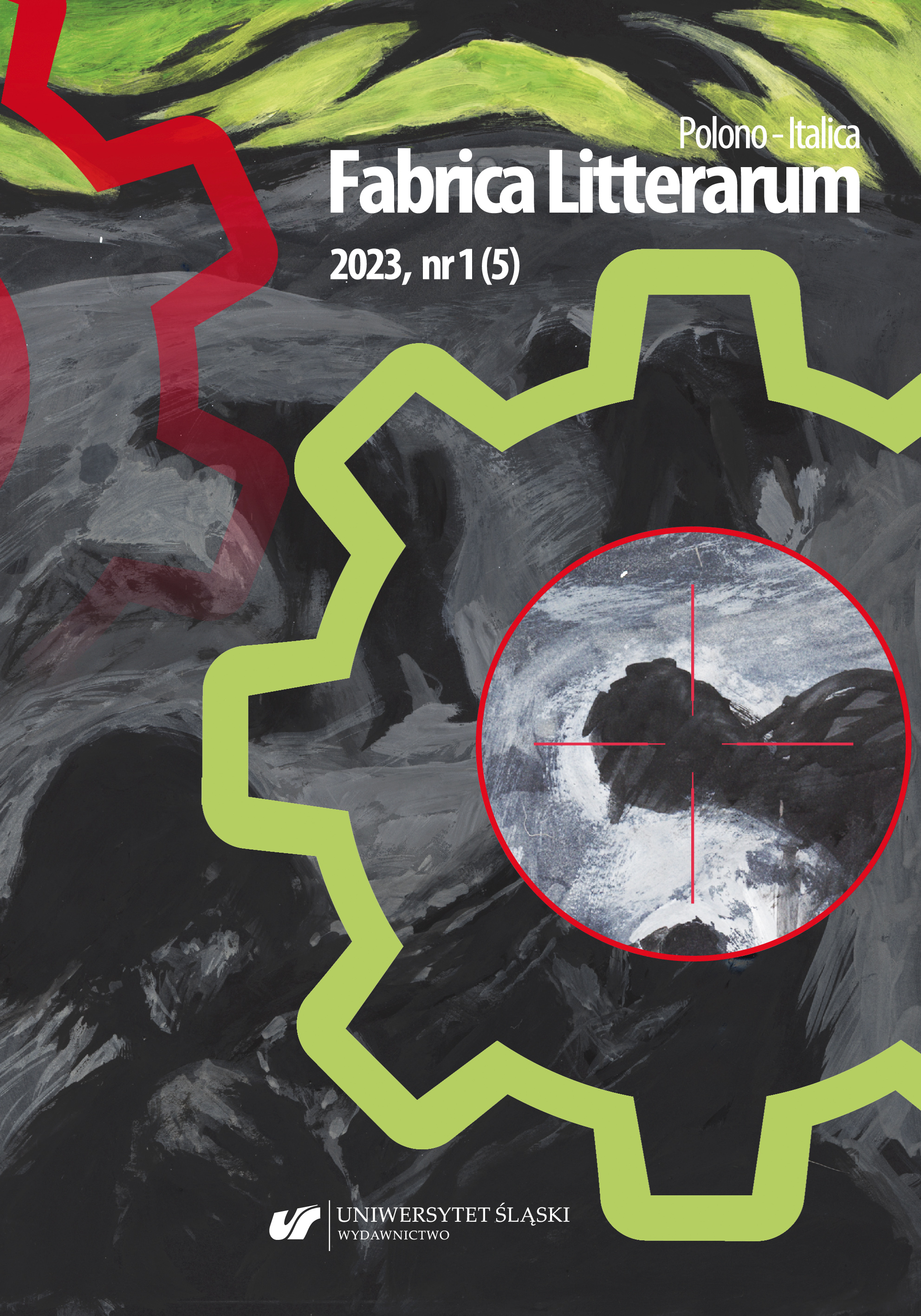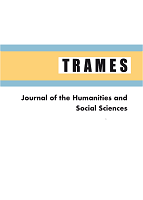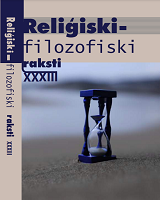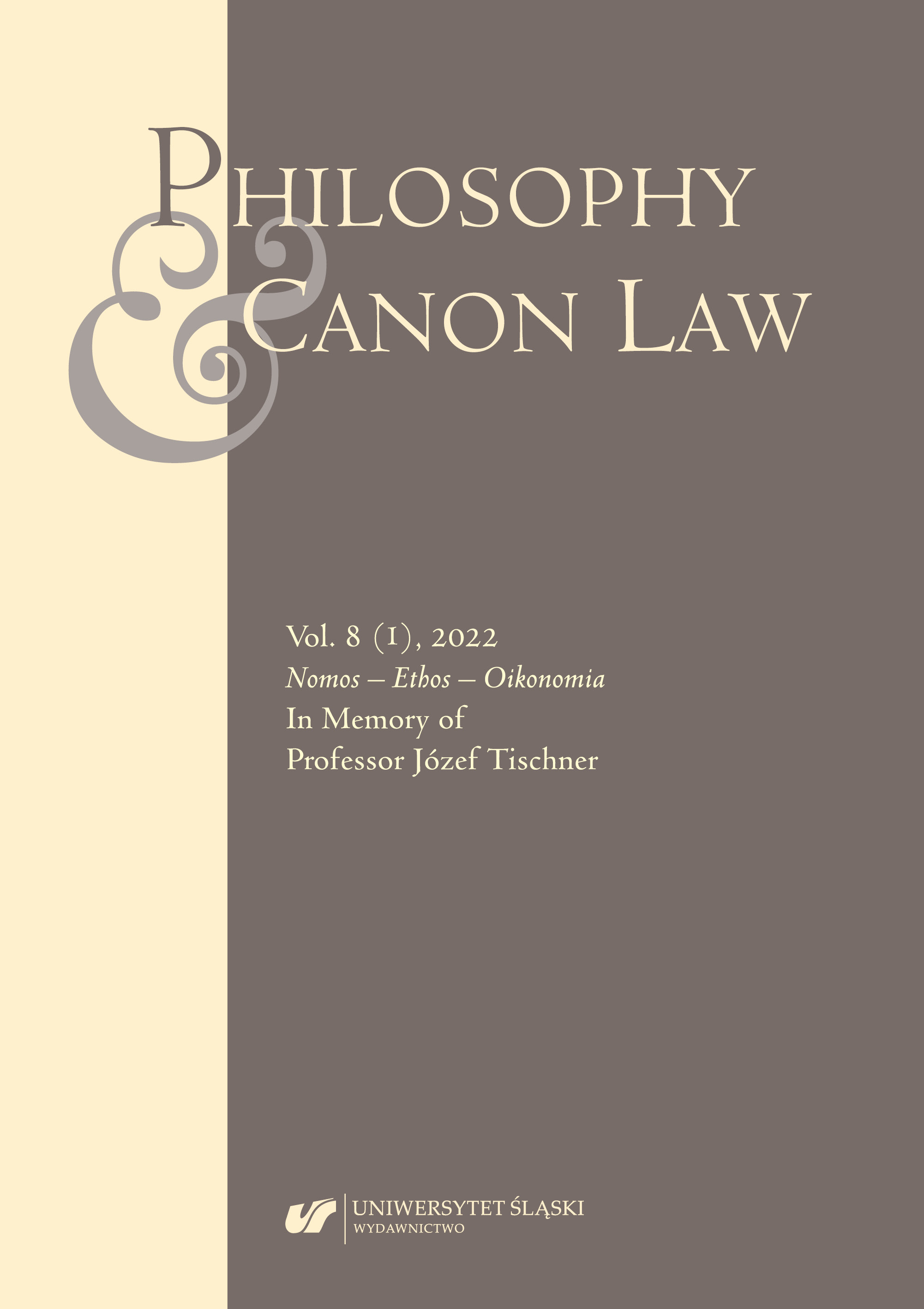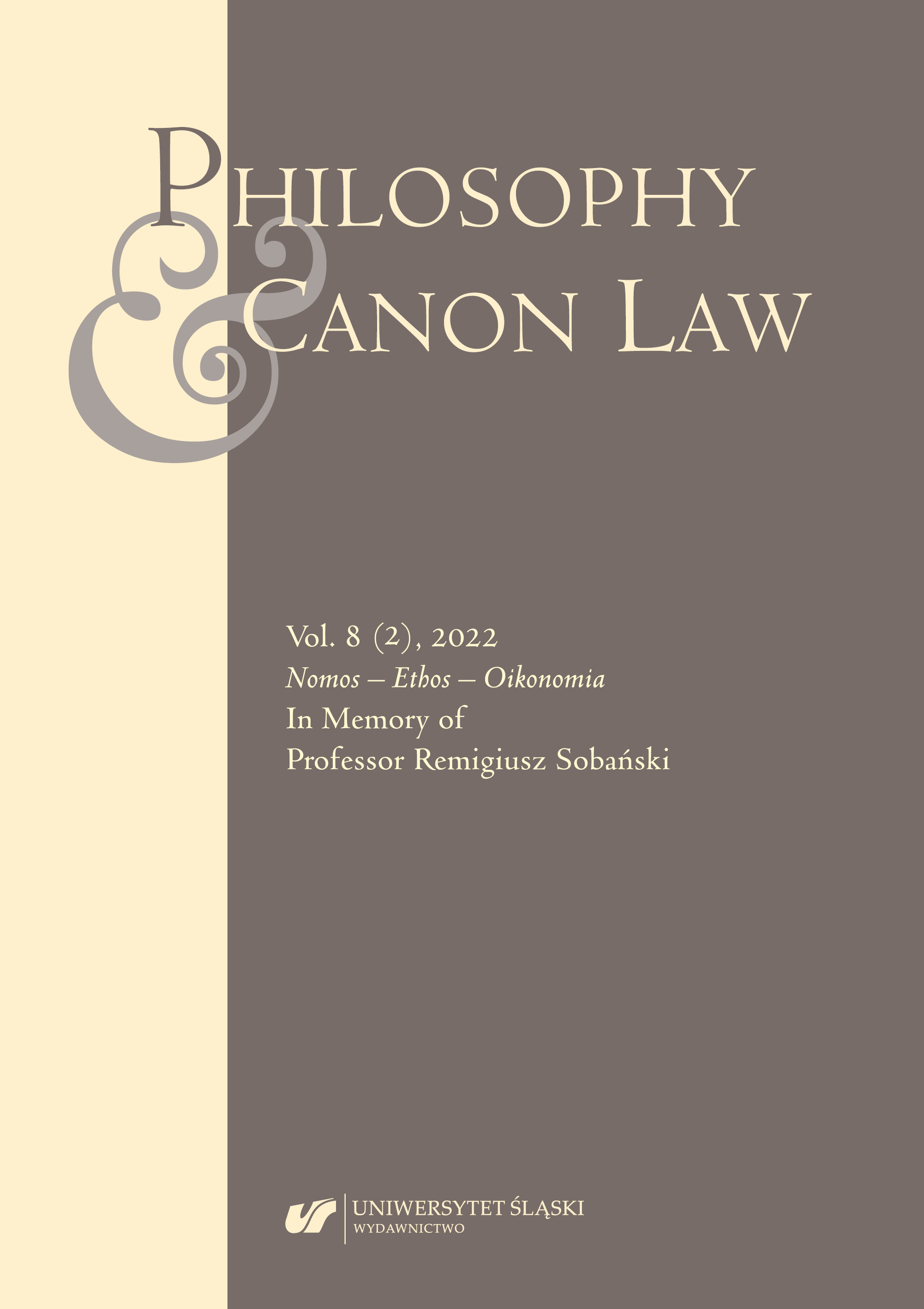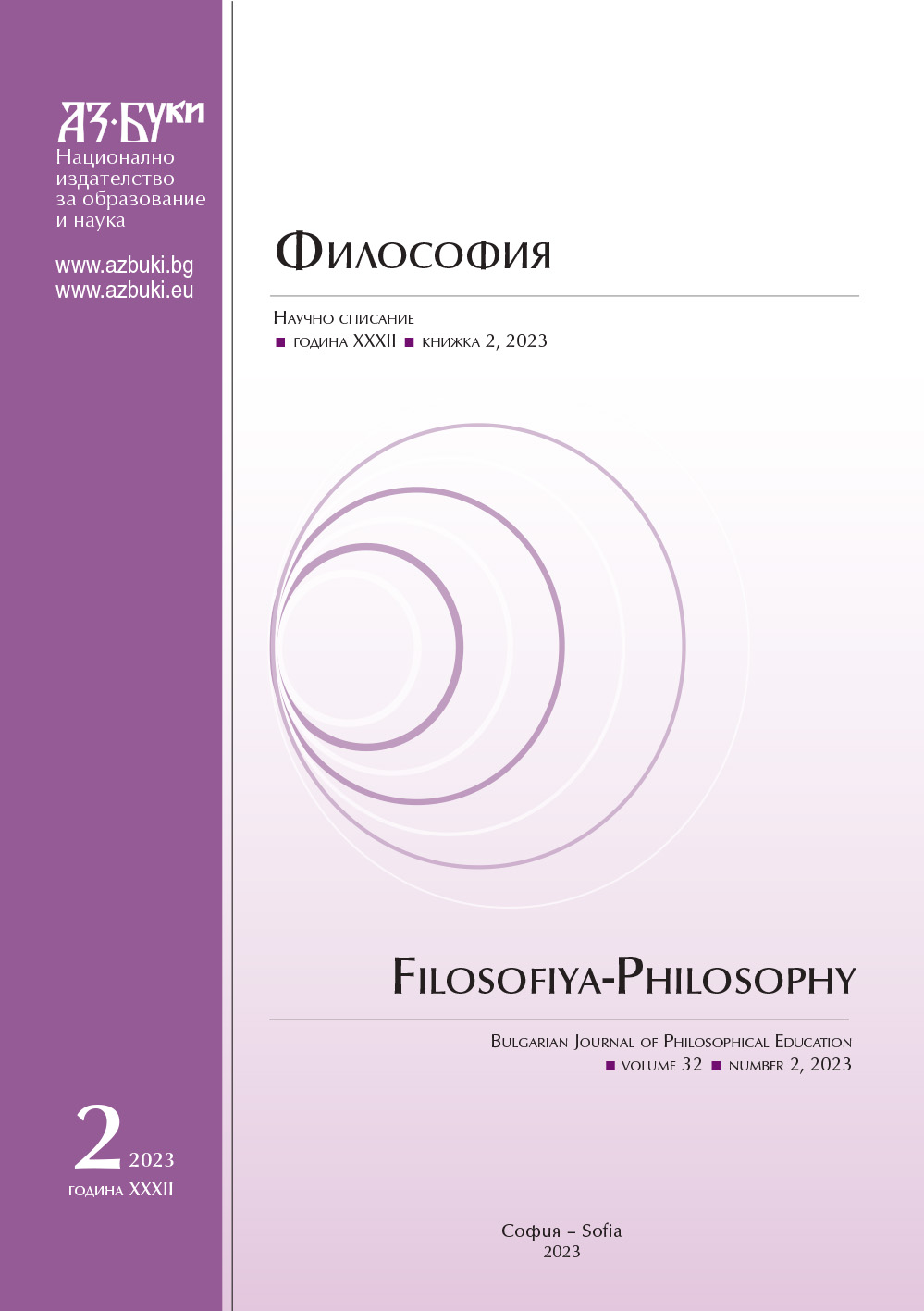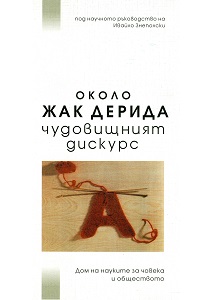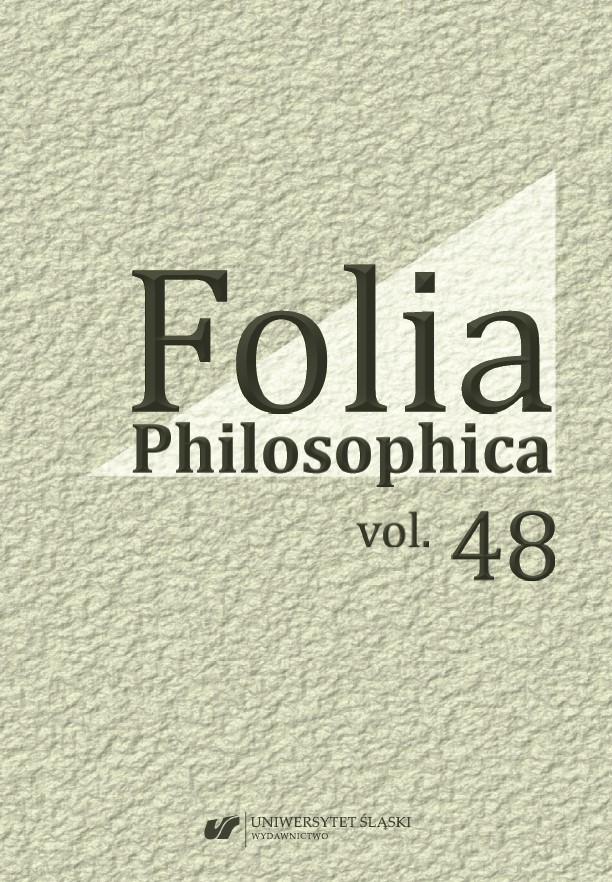Author(s): Olesia Pankiv,Oksana Onyshchuk,Oleksandra Stebelska / Language(s): English
Issue: 2/2023
The article aims to analyse the volunteer movement in Ukraine since the beginning of the war launched by the Russian Federation against the sovereign state. During this difficult time, volunteers have taken responsibility for providing our defenders with everything they need (food, water, medicine, first-aid kits, uniforms, weapons, etc.). The volunteer movement has turned out to be a condition for the consolidation of the nation, and its participants have become the bearers of national self-consciousness and those moral principles that underlie the liberation war. The article reveals a special feature of the volunteer movement in Ukraine – its military nature and the maximum involvement of all segments of the population, representatives of different ages, and social groups in it. The key notional aspects of military volunteering are defined. Communicative practices of this type of volunteering are clearly horizontal; their basis is equality, respect for others, cooperation, adequate competition, freedom and responsibility, and creativity. The horizontal system of relations encourages the formation and development of autonomous and responsible individuals who do not appeal to authorities but are themselves the initiators of changes. As a result of the critical analysis, the contradictory nature of the volunteer movement has been noted. Despair and hope, law and morality, freedom and responsibility, the drama of human existence, and the desire to Be (to Live) – these are the inner problems and choices that volunteers face. The volunteer movement is a powerful existential experience for its participants. Its main purpose is not only to protect the country, but also the birth of a nation, the formation of national self-consciousness, understanding and acceptance of basic moral values and ideals, and to build a democratic country based on the ideals of freedom, equality, and justice.
More...
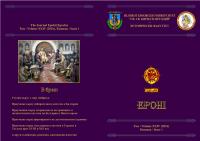

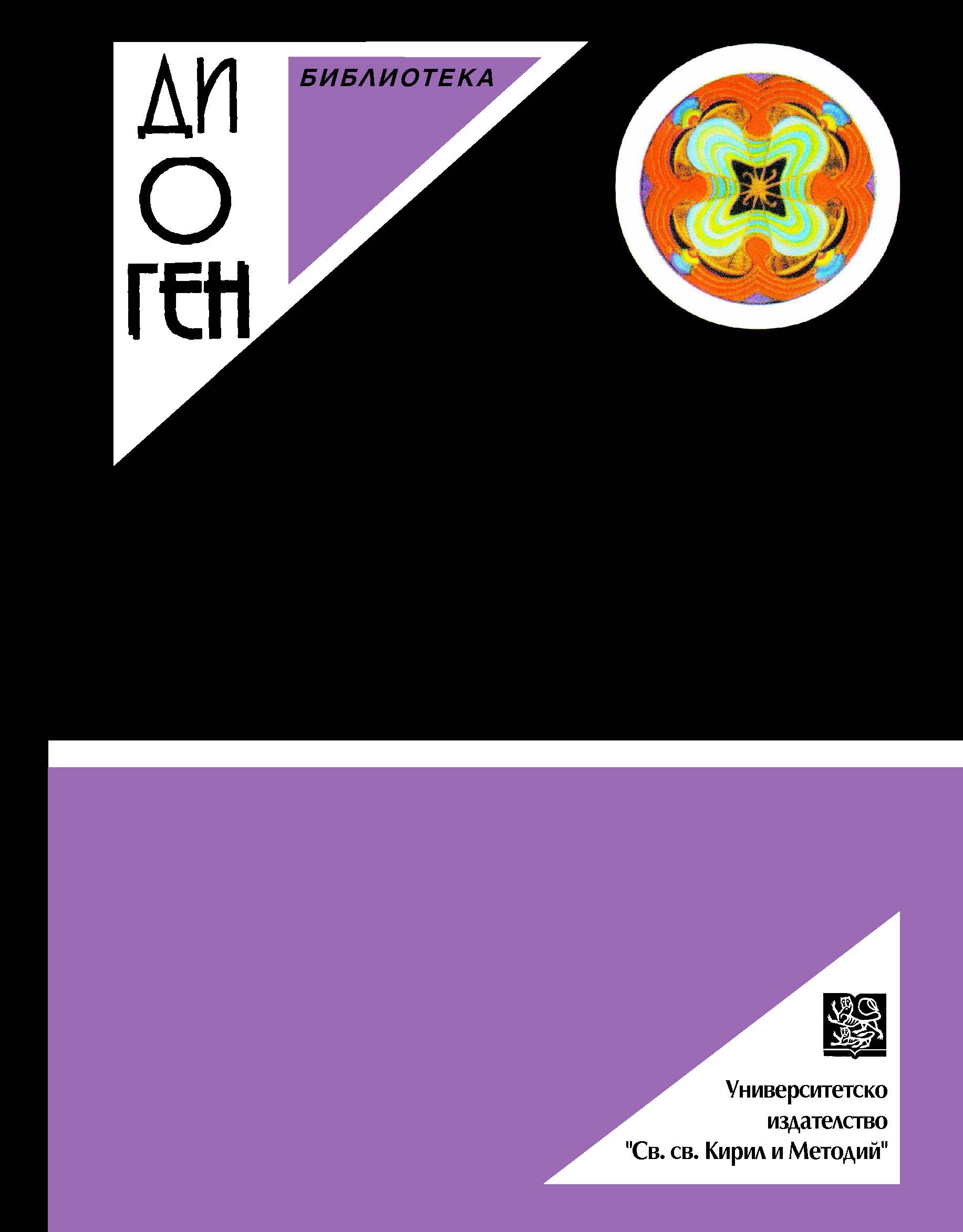
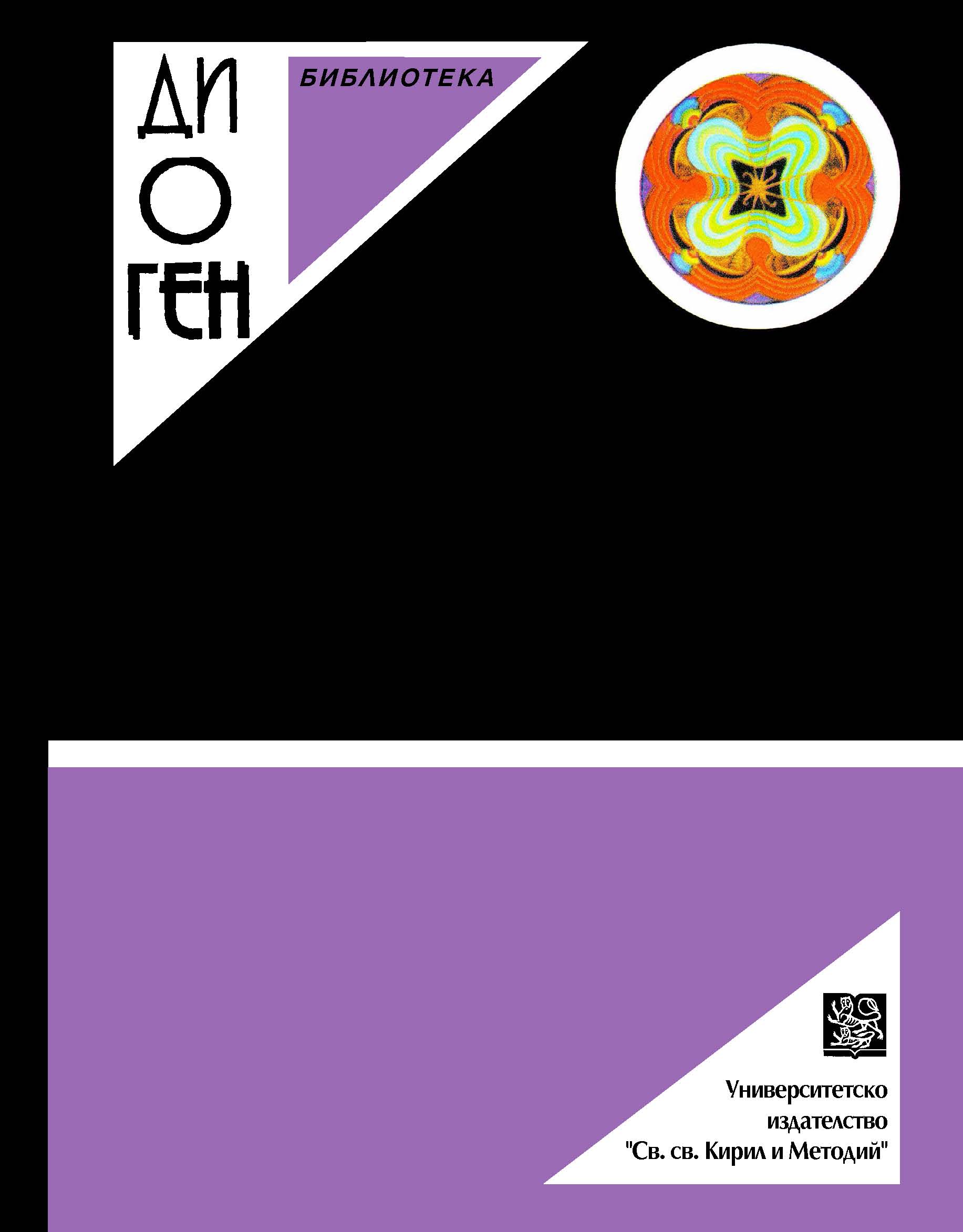
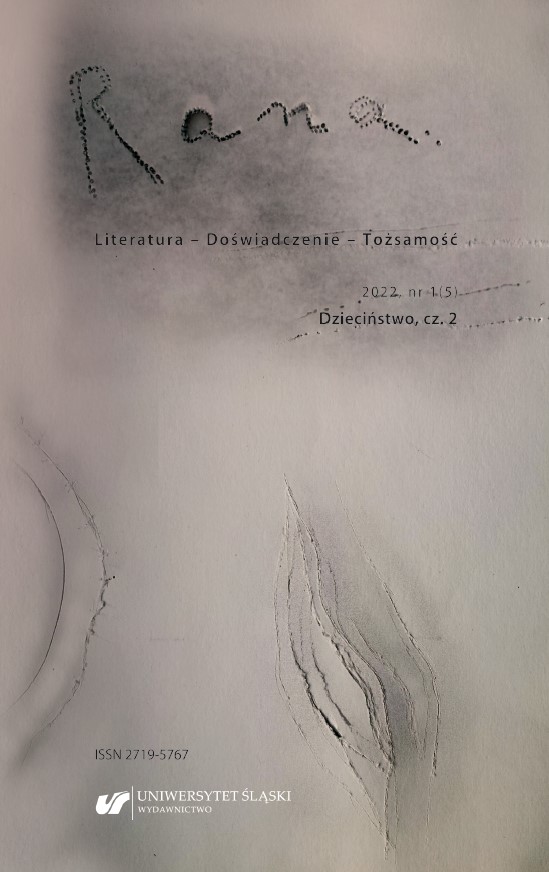
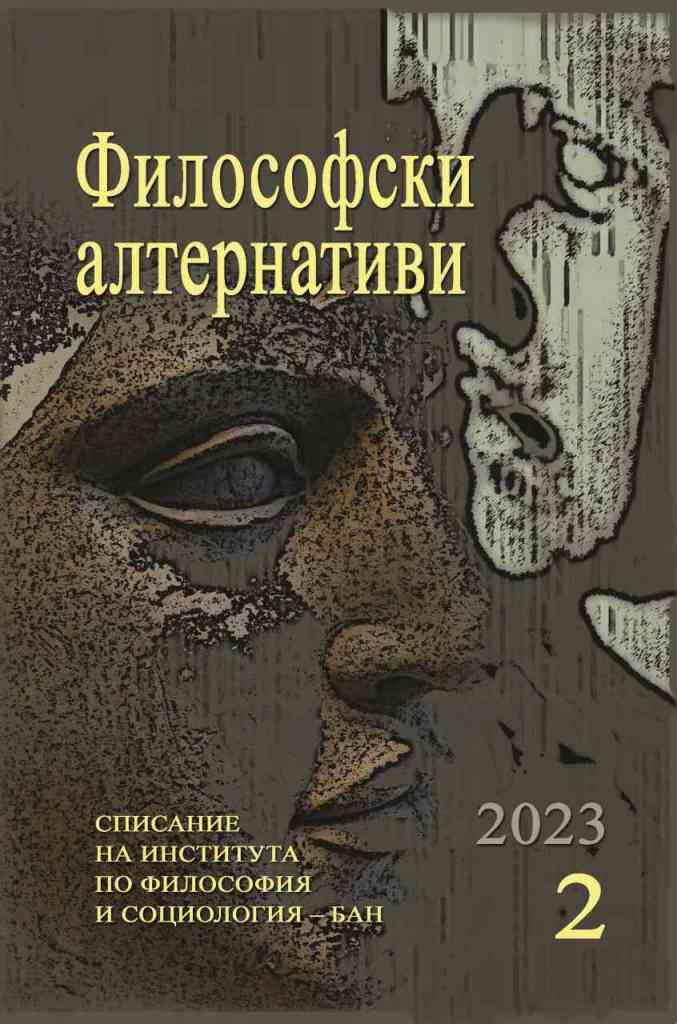
![Od welfaryzmu do sentiokracji. [Recenzja książki Alasdaira Cochrane’a „Should Animals Have Political Rights?” Cambridge: Polity Press, 2020]](/api/image/getissuecoverimage?id=picture_2022_72957.jpg)
